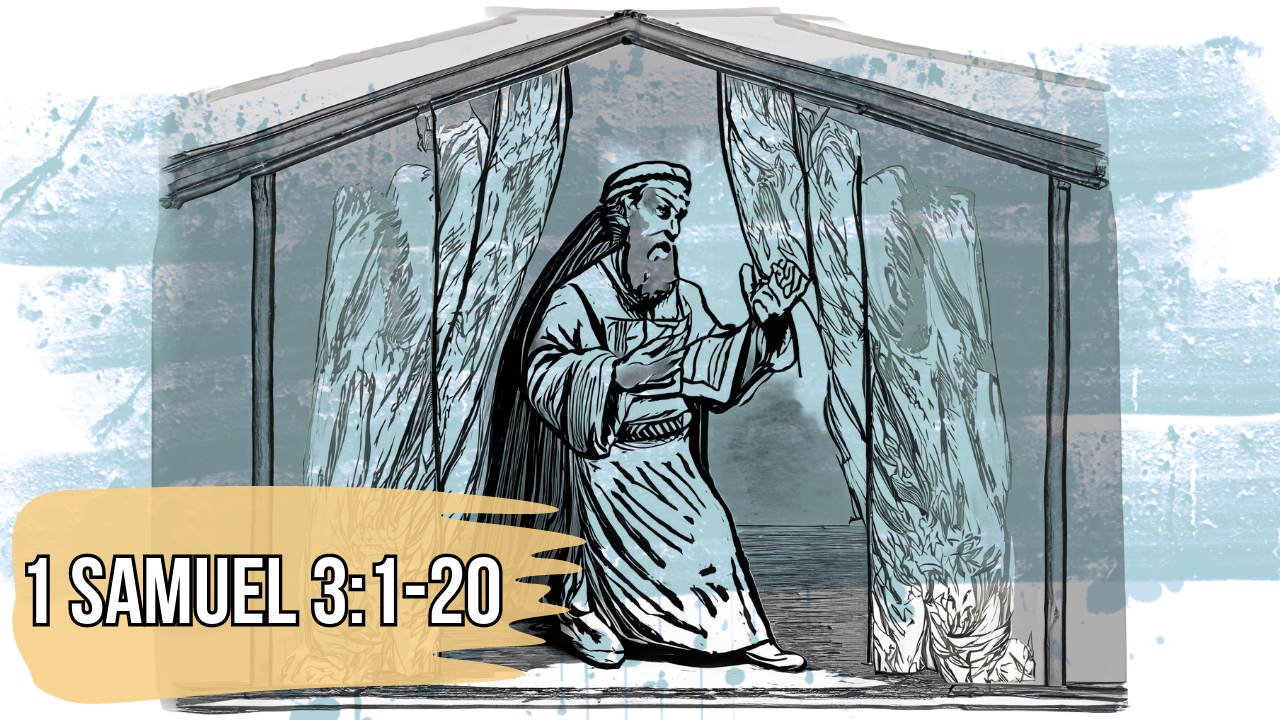Illuminating the Path: The Timeless Lessons of Samuel's Service
In the quest to uncover one's unique purpose and vocation, the ancient story of Samuel, set in the once central hub of Israelite worship, Shiloh, offers profound insights. Shiloh, predating Jerusalem as the nation's heart of religious life, was where the land was divided among the tribes, and the Tabernacle stood before King David's reign.
The tale begins with Hannah, a mother whose gratitude to God for her son's birth leads her to dedicate Samuel to divine service. Samuel finds his calling at the Tabernacle in Shiloh under the guidance of the priest Eli. Despite Eli's failing eyesight, his acute hearing enables him to fulfill his priestly duties with Samuel's assistance.
Samuel's primary task is to keep the menorah's light burning through the night. With its central candle symbolizing humanity's creation, this seven-branched lampstand represents the divine light at the heart of all existence. The responsibility of tending to this light is symbolic of each person's role in their community and spiritual journey.
This narrative is not merely a historical account but a metaphor for being discovered by the divine and embracing one's purpose. It underscores the significance of dedication, service, and the individual's role in sustaining the light—both in a literal and metaphorical sense—within their community.
The intergenerational bond between Eli and Samuel showcases the transfer of wisdom and responsibility, reflecting the broader principle of mentorship and the perpetuation of faith and practice within a community.
The story of Samuel is a testament to the sacredness of one's calling and the powerful influence of words and deeds in realizing that calling. It exemplifies how individuals, irrespective of age or status, are vital to their community's spiritual fabric and can be vessels of a divine mission.
The narrative of Samuel in Shiloh stands as a compelling metaphor for the individual's calling to serve their community and uphold the spiritual light that binds and guides them. It prompts reflection on how one can contribute to the collective spiritual health and maintain the traditions that impart meaning and direction.
The menorah's symbolism, with its central candle representing humanity's creation, invites meditation on the importance of the divine light in life and the responsibility to ensure that it continues to shine through one's actions and commitments.
The relationship between Eli and Samuel highlights the value of mentorship and the passing of wisdom and duty across generations. It emphasizes the need to cultivate the next generation to continue the legacy of faith and service.
Hannah's dedication in offering her son Samuel to God's service underscores the profound acts of faith that can define an individual's destiny and influence a community's spiritual path. It is a call to contemplate the sacrifices made for one's beliefs and the repercussions of such choices.
Understanding Shiloh's historical and geographical significance as a place of substantial religious activity before Jerusalem's establishment enriches the narrative's context and role in the broader fabric of faith history. It serves as a reminder of the dynamic nature of sacred spaces and their influence on religious identity and practice.
As one reflects on the enduring lessons from Samuel's life, it becomes clear that the journey to find and fulfill one's calling is intertwined with the legacy of those who came before and the light one chooses to nurture and pass on. Through service, mentorship, and dedication, the spiritual light within each person can burn brightly, illuminating the path for themselves and those who follow.
